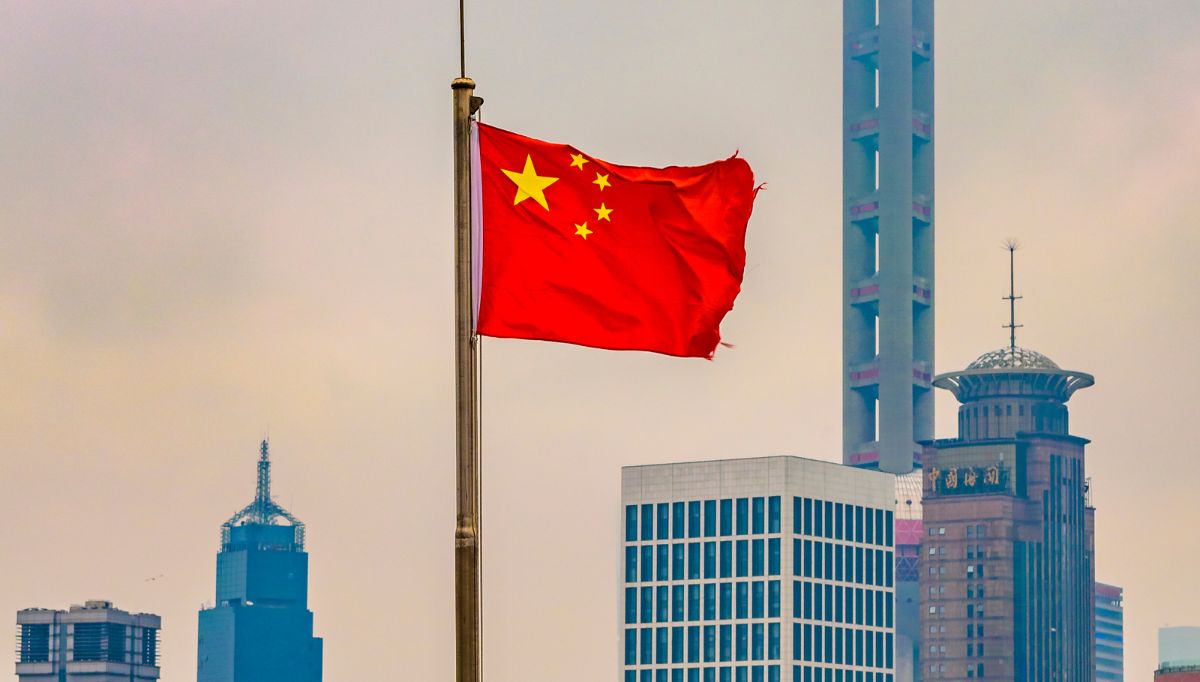In a strategic move that could reshape the global semiconductor industry, Chinese companies are increasingly turning their attention to Malaysia for the assembly of high-end chips. This development comes as a response to concerns about U.S. sanctions and a desire to diversify supply chains, taking advantage of Malaysia’s perceived advantages in terms of cost-efficiency and a skilled workforce.
A Shifting Landscape
The global semiconductor industry has been experiencing significant shifts in recent years. From supply chain disruptions to geopolitical tensions, the industry’s landscape is evolving rapidly. Against this backdrop, Chinese firms are exploring new avenues to enhance their semiconductor production capabilities.
The Quest for High-End Chips
Chinese semiconductor companies are particularly interested in the assembly of high-end chips, with a focus on graphics processing units (GPUs). These chips are essential components for a wide range of applications, from gaming consoles to artificial intelligence systems. The demand for high-performance GPUs has been steadily increasing, prompting companies to seek reliable and efficient assembly options.
Malaysia: An Attractive Destination
One of the key reasons behind Chinese firms looking to Malaysia is the country’s favorable conditions for semiconductor manufacturing. Malaysia has built a reputation as a hub for chip packaging and assembly, offering competitive costs, a skilled workforce, and a positive relationship with China.
A Positive Relationship
Malaysia’s perceived positive relationship with China plays a significant role in attracting Chinese semiconductor companies. As geopolitical tensions continue to affect international trade, a stable and cooperative partnership with a host country is considered a valuable asset. Malaysia’s track record of collaboration with China on various economic fronts makes it an attractive destination for Chinese investment.
Affordability and Efficiency
Another factor driving this shift is cost-efficiency. Malaysia offers competitive labor costs and an established ecosystem for chip packaging and assembly. This affordability, combined with a skilled workforce, allows Chinese companies to streamline their production processes while maintaining quality standards.
Skilled Workforce
Malaysia’s pool of highly skilled workers is a valuable asset for the semiconductor industry. Chinese firms can tap into this talent pool to ensure the precise and efficient assembly of high-end chips. Skilled technicians and engineers in Malaysia are well-versed in semiconductor manufacturing processes, making them an invaluable resource for companies seeking to produce top-quality chips.
Also read: Singapore’s Vibrant Year: A Look at the Top 10 Stories of 2023
Diversifying Supply Chains
The move to explore Malaysia for high-end chip assembly is part of a broader trend among Chinese firms – diversifying supply chains. Overreliance on a single region or country for manufacturing can lead to vulnerabilities, especially in the face of trade disputes or geopolitical tensions. By expanding their operations to Malaysia, Chinese companies aim to reduce the risks associated with concentrated supply chains.
Implications for the Semiconductor Industry
The growing interest of Chinese firms in Malaysia’s assembly capabilities could have far-reaching implications for the global semiconductor industry. Here are some potential effects to consider:
Increased Competition
The influx of Chinese semiconductor companies into Malaysia’s chip assembly sector could intensify competition in the industry. This competition may lead to innovations in chip manufacturing and assembly processes, potentially driving advancements in technology.
Greater Supply Chain Resilience
Diversifying supply chains is a strategy aimed at enhancing resilience. With Chinese firms spreading their manufacturing operations across multiple countries, the semiconductor supply chain may become more robust and better equipped to withstand disruptions.
Geopolitical Considerations
The geopolitical landscape will continue to influence the semiconductor industry. Chinese companies’ investments in Malaysia may be viewed through the lens of international politics, potentially affecting trade relationships and diplomatic ties. The expansion of Chinese semiconductor companies into Malaysia can also have economic implications. It may lead to increased job opportunities, technology transfer, and economic growth in Malaysia, benefiting both countries.
As Chinese firms explore Malaysia for the assembly of high-end chips, the semiconductor industry is undergoing a significant transformation. This move underscores the importance of diversifying supply chains and finding reliable partners in a rapidly changing global landscape. Malaysia’s favorable conditions, including a positive relationship with China, affordability, and a skilled workforce, make it an attractive destination for these companies. The implications of this shift are wide-ranging, from increased competition and supply chain resilience to geopolitical considerations and potential economic impacts. The journey towards enhanced chip assembly capabilities in Malaysia represents a pivotal moment in the evolution of the global semiconductor industry.
















